Konjac Foods - Pure Fiber Zero Calories Pasta (original) (raw)
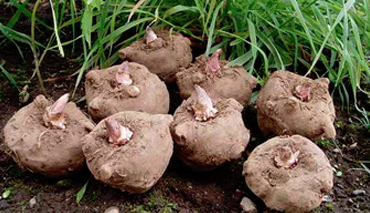
What are Konjac Foods
Traditional Konjac Foods are made by first mashing the Konjac root then boiling the mash in limewater.
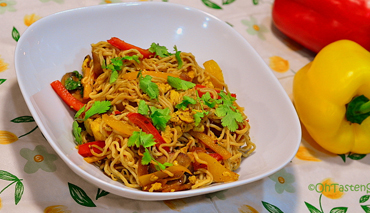
How to Cook Konjac Foods
Konjac foods are packaged in water, making it an instant wet food. The easiest way to prepare Konjac is by draining.

What is the Konjac Plant
The Konjac plant belongs to the genus Amorphophallus. The botanical name of the plant is Amorphophallus Konjac.
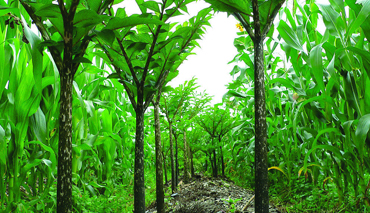
History of Konjac Foods
Cultures in East Asia have used Konjac fiber for more than fifteen hundred years. China is the major growing region.

How are Konjac Foods Made?
Konjac foods can easily be made by mixing Konjac flour with limewater. When this mixture is boiled, a gel forms.

How to Make Konjac Noodles at Home
Pour 2 cups of cold water into a large cooking pot. Stir in a 1/8 teaspoon of pickling lime or baking powder for one minutes.
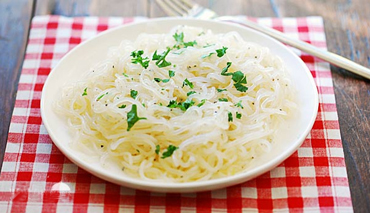
What are Konjac Shirataki?
Shirataki noodles, as they are known in Japan, are made from Konjac, calorie free and consist of pure fiber.

How are Shirataki Noodles Packaged?
Shirataki noodles is a wet food packed in water. As an instant food Shirataki can be consumed without cooking.
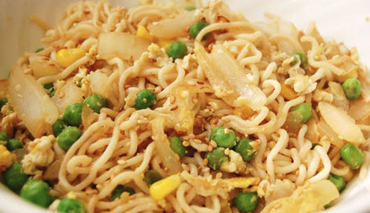
What do Shirataki Noodles Taste Like?
Konjac Shirataki noodles are tasteless. The benefit of a tasteless noodle is the ability to add your own favorite.

What is the Shelf Life of Konjac Noodles
Konjac noodles produced by Konjac Brands (KonjacFoods.com) has a shelf life of one year at room temperature.

How is Konjac Flour (Konjac Powder) Made?
The Konjac plant can live up to 5 years. However, during its third year of growth the Konjac root matures.
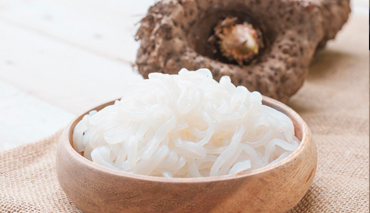
The Nutrition and Health Benefit
The Konjac root is highly rich in positive vitamins, minerals and fiber. Besides its most beneficial nutritional.

Konjac Foods - Rich Calcium
Konjac foods are made from glucomannan fiber and calcium hydroxide. Being rich in calcium, when the Konjac.
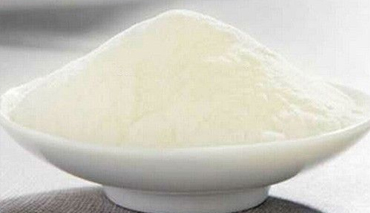
Konjac Foods is an Alkaline
Konjac powder is a very Alkaline food. Below you will find a list of alkaline foods that are commonly.

Konjac Foods for Weight
Because glucomannan can absorb up to 200 times its weight in water, it has been used as a dietary supplement.

Konjac Foods as a Natural
Soluble fiber helps in treating constipation, soluble fiber absorbs water making the feces softer and this promotes.

Konjac Foods for People
Konjac fiber is a very strong Alkaline food. As discussed before and demonstrated on the pH value list within this article,
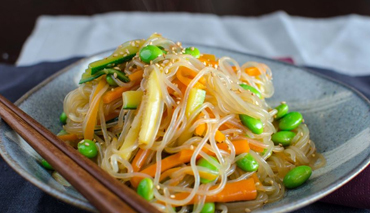
Konjac Foods for People with
Soluble fiber is the single greatest dietary aid for preventing Irritable Bowel Syndrome symptoms in the first place,

Konjac Foods for People
As medical research has demonstrated, the higher the viscosity of soluble fiber, the better the ability to control.
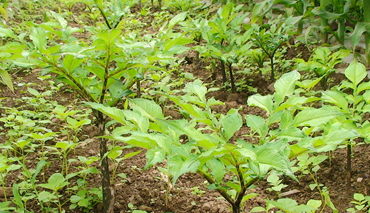
Konjac Glucomannan
Glucomannan fiber works in a similar manner to other water-soluble fibers. It is able to attach itself to bile.

What is the Best Way to Control
Konjac glucomannan fiber, the most viscosity soluble fiber, it is the most effective soluble fiber.

Konjac Glucomannan Fiber Use
Konjac glucomannan fiber must be combined with enough water as directed. For this, it is always recommended
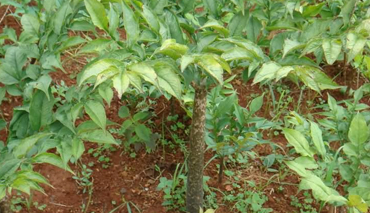
What are the Specifications
Konjac Glucomannan fiber is a water-soluble dietary fiber that is derived from the Konjac root.

Health Benefits of the Konjac
Soluble fibers such as Glucomannan have many health-promoting benefits due to their ability to form a soft gel with water.